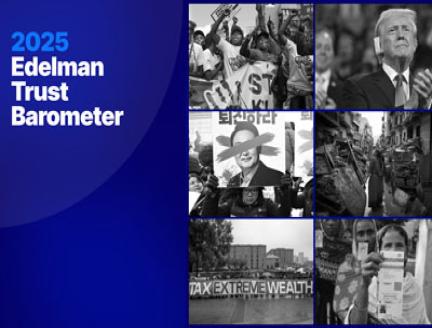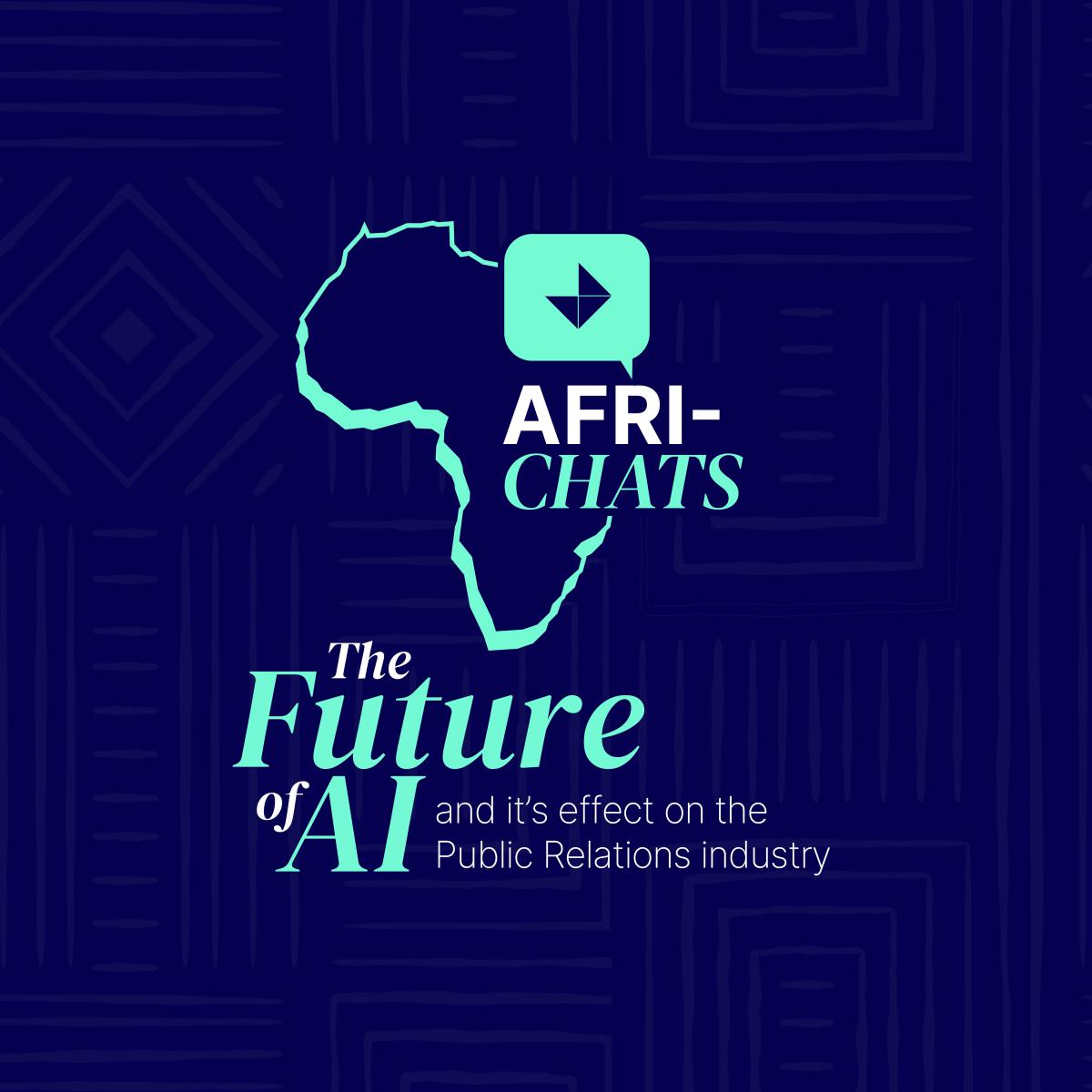In Africa's bustling socio-economic bazaar, trust isn't just another commodity — it's the marketplace's very foundation. Businesses might be the stalls drawing attention, but it's NGOs that know every nook and cranny. Together, they're more than just market players; they're the architects of progress, turning trust into the blueprint for a sustainable future.
In regions marked by historical complexities, sociopolitical challenges and economic disparities, the role of trust becomes even more pronounced: a fundamental thread binding communities, businesses and institutions towards sustainable development.
According to the 2023 Edelman Trust Barometer, business remains the only trusted institution for 62% of respondents surveyed globally. On the African continent, in countries like South Africa and Kenya, the results are not vastly different.
The data shows that South Africans, for example, are increasingly turning to businesses as trusted partners in addressing contentious societal issues. This emphasizes the responsibility of businesses to leverage the power of their brands to create a shared identity and effect positive change.
But this responsibility isn't solely for the corporate realm to bear. A more nuanced understanding of sustainable development in Africa instead reveals a compelling case for a synergistic collaboration between the private sector and NGOs.
The nexus between business and NGOs
Businesses, with their impressive capital and strategic prowess, are more than just profit-making entities. They've evolved into agents of societal change, possessing the capability to influence debates, drive innovation and champion sustainable growth. Their brand power and global networks position them as formidable forces capable of fostering large-scale change.
However, real, sustainable impact doesn't emanate from corporate boardrooms alone.
Grassroots movements, local understanding and an intricate grasp of societal nuances are crucial. This is where NGOs, with their decades of on-the-ground experience and commitment to mission-driven work, become invaluable partners.
Historically, NGOs have been the silent shepherds of sustainable initiatives, working relentlessly at the community level, identifying challenges and piloting solutions. Their insights into the local context, combined with an intimate understanding of the challenges faced by marginalised communities, make them unparalleled experts in the field. But, while they hold the knowledge and the passion, they often face hurdles when it comes to scalability and resources.
This is the gap that businesses can bridge.
A collaboration between the two entities creates a dynamic where the strengths of one counterbalance the limitations of the other. In this symbiotic relationship, NGOs offer businesses the blueprint – the know-how and the local trust – while businesses bring scalability, resources, and a broader stage. Yet, while the merits of such a collaboration are evident, establishing meaningful connections between businesses and NGOs is not without its challenges. The two entities, though complementary, often operate with different priorities and perspectives.
According to the latest Trust Barometer Special Report: Trust and Climate Change, only 44% of the public believes that NGOs are doing well in partnering with government and business to develop and execute climate change solutions, reflecting a degree of skepticism about the effectiveness of these collaborations.
Finding the connection
This is where companies like Edelman Africa – recently celebrating its 10th anniversary on the continent – can become vital. For example, the company is working alongside several non-profits to shape the narrative of the world's first Afro-dynamic eco-city in Sierra Leone; highlight the pressing interplay between healthcare and climate change using an A.I. generated art gallery; and rally global voices toward sustainable gender equality solutions – among others.
While such partnerships highlight the potential of synergies between business and NGOs, there is still more to be done.
The 2023 Edelman Trust Barometer underscores that half of South Africans believe businesses are falling short in addressing significant societal issues. There is therefore a pressing need for businesses to step up, not just to maintain trust but to be the vanguards of societal change.
In partnering with NGOs, businesses can ensure that their initiatives are not just well-intentioned but well-executed. In an age where trust is both fragile and invaluable, the path forward necessitates a deeper alliance between these entities.
By championing collaboration and prioritizing societal impact over isolated efforts, businesses and NGOs can co-create a future that's not only prosperous but also deeply rooted in trust and mutual respect. The time to foster these transformative partnerships is now, setting the stage for a more inclusive, sustainable, and trust-rich African continent.
Karena Crerar is CEO of our operations in Africa.







